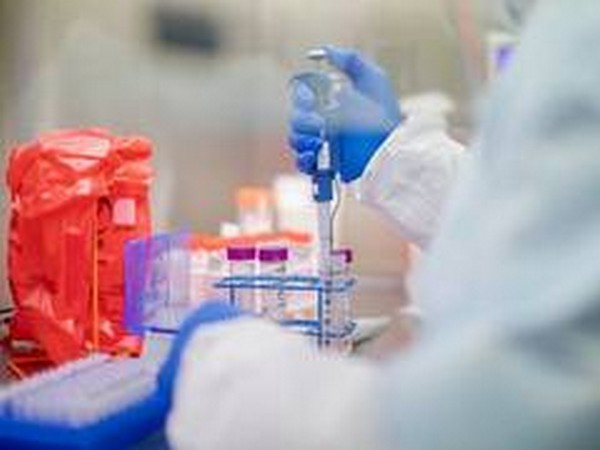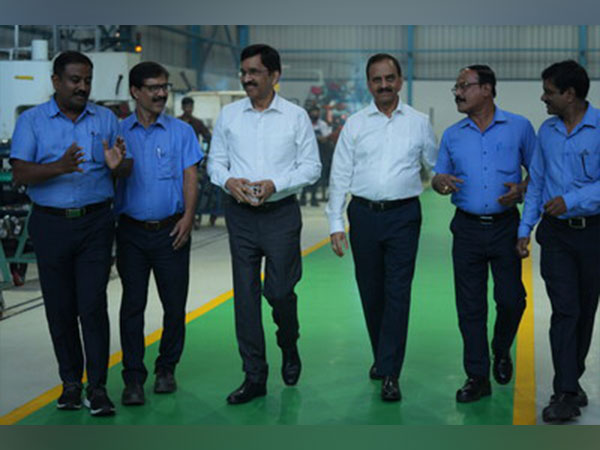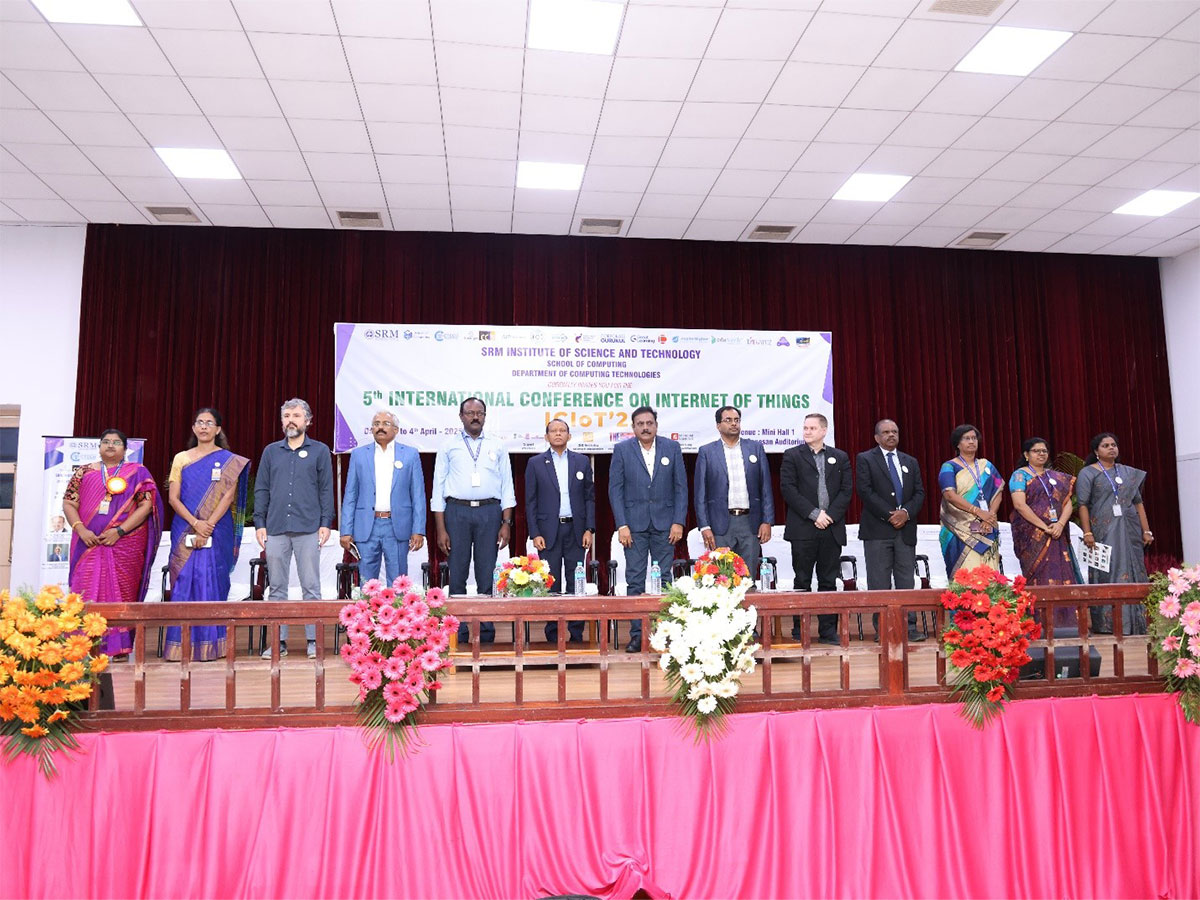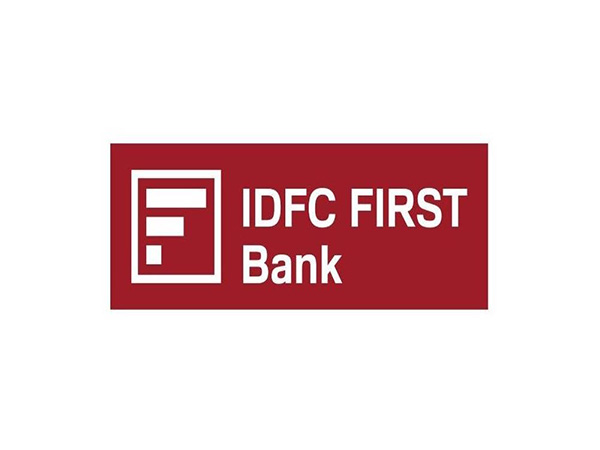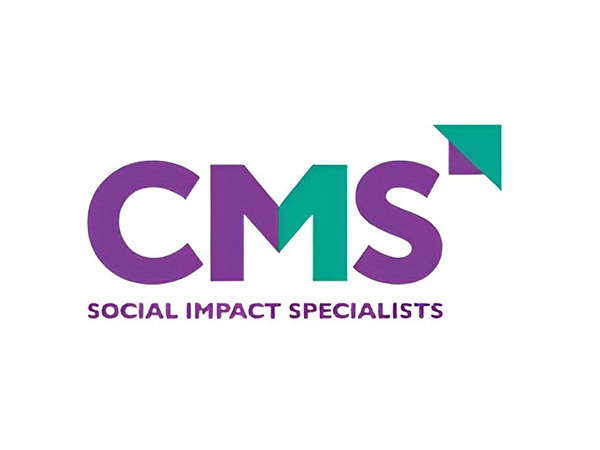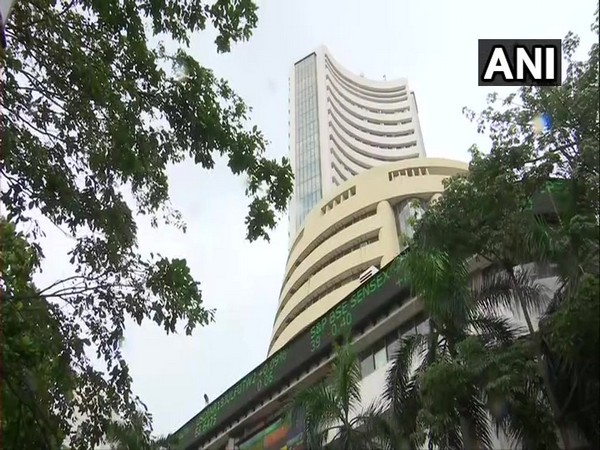New virus cases under 600 for 2nd day; spring resurgence in store
Apr 13, 2021
Seoul (South Korea), April 13: South Korea's daily new coronavirus cases remained below 600 for the second straight day Tuesday on fewer tests over the weekend, amid concerns about a spike in COVID-19 cases in spring.
The country reported 542 more COVID-19 cases, including 528 local infections, raising the total caseload to 110,688, the Korea Disease Control and Prevention Agency (KDCA) said.
Tuesday's daily caseload was down from 587 the previous day, when the daily tally slipped below 600 for the first time in six days on fewer tests conducted over the weekend.
The country added five more deaths, raising the total to 1,775.
President Moon Jae-in warned Monday that the country may face an "explosive" wave of COVID-19 infections if it fails to contain the current phase of the pandemic, calling for more efforts to contain the virus.
Health authorities have expressed concerns over a fourth wave of the pandemic in spring as people let their guard down and increase activities in the season.
They warned of stronger restrictions on multiuse facilities if the virus transmissions show no signs of letup.
The number of locally transmitted cases surpassed 600 over the past week for the first time in three months, and the proportion of untraceable virus cases stood at 28.2 percent during the period, the KDCA said.
Last week, the country decided to maintain the current level of social distancing rules through May 2 to contain the virus, adding more restrictions to entertainment establishments.
The greater Seoul area, home to half of the nation's 52 million population, is under the Level 2 distancing scheme, the third highest in the five-phase system. The rest of the country is under Level 1.5, except for some municipalities that have adopted Level 2 measures.
Private gatherings of five or more people are banned nationwide.
Under the new guidelines, operations of entertainment establishments are banned in the greater Seoul area and the southeastern port city of Busan.
Health Minister Kwon Deok-cheol said health authorities will expand preemptive testing to detect patients at an early stage and explore ways to effectively use the self-testing kits to further step up the testing capacity.
"The country is at the doorstep of the fourth wave of the pandemic," Kwon said in a virus response meeting. "(Experts) warned that the scope of the fourth wave of the pandemic could be even bigger than the previous ones."
The latest move comes as Seoul Mayor Oh Se-hoon called for the drug safety agency to approve use of self-testing kits to give more flexibility to businesses, schools and religious facilities.
Since the country started its vaccination program on Feb. 26, a total of 1,195,342 people, or 2.3 percent of the total population, have been given COVID-19 vaccine shots, including 37,785 the previous day.
AstraZeneca's vaccine has been given to 924,027 people, while 271,315 received that of Pfizer.
The KDCA said 60,557 people have received two doses.
A total of 11,735 cases of side effects after vaccinations have been reported, up 109 from a day earlier, but 98.4 percent were mild symptoms, including muscle pain and fever.
So far, 48 deaths after vaccinations have been reported, according to the KDCA. Authorities, however, said most cases were not related to the vaccination.
South Korea plans to vaccinate 12 million people by the end of June, with a goal of achieving herd immunity by November.
Health authorities resumed administering AstraZeneca vaccines to eligible recipients aged over 30 on Monday, days after temporarily putting the program on hold amid growing concerns over its safety.
In response to growing concerns over the slower-than-expected vaccine rollout, President Moon Jae-in ordered authorities to secure additional vaccines.
With only two types of vaccines currently available here, the health ministry said it expects to secure Novavax vaccines as early as June, and 20 million doses will be ready by the third quarter. Novavax vaccines require two-shots for immunization.
Korean drugmaker SK Bioscience Co. will begin manufacturing Novavax vaccines at its local factory later this month, and it has been consulting with the nation's drug safety agency to get ready for the authorization process.
Baek Young-ha, who is in charge of the vaccine procurement, said authorities will thoroughly review the safety of Novavax vaccines, whose clinical results are currently under review in Europe and Britain.
"We will adopt (Novavax) vaccines after experts review its safety," Baek said in a briefing. "We are not considering the use of the Novavax vaccine before the authorization process."
Of the newly confirmed locally transmitted cases, 156 came from Seoul, with Gyeonggi Province that surrounds the capital city accounting for 163.
The southeastern port city of Busan reported 39 new cases. A total of 418 patients have been traced to a bar in the country's second-largest city since the first confirmed case on March 24, up 26 from the previous day.
There were 14 additional imported cases, with seven from Asian nations, excluding China, and three from the United States.
The number of seriously or critically ill COVID-19 patients was 101, down two from the previous day.
The total number of people released from quarantine after making full recoveries was 101,332, up 528 from a day earlier.
Source: Yonhap
